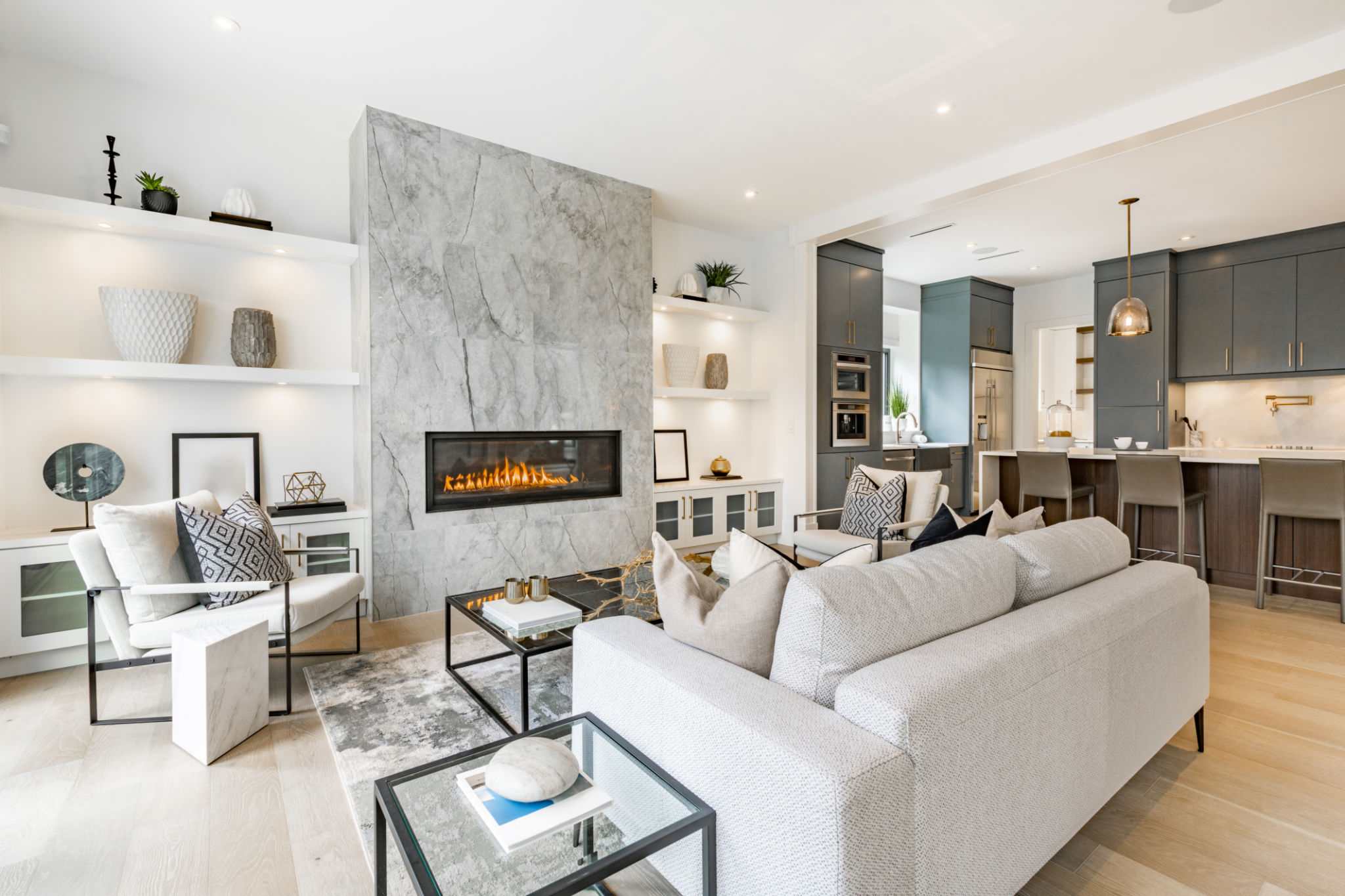DIY Tips for First-Time Homebuyers: Making Your Residential Property Purchase Stress-Free
Understanding Your Budget
For first-time homebuyers, one of the most crucial steps is understanding your budget. It's essential to know how much you can afford to spend on a house before you start shopping. Begin by taking a close look at your income, expenses, and debts. Calculate your debt-to-income ratio to ensure you're in a comfortable position to make a purchase. Keep in mind that your budget should also include closing costs, insurance, and taxes.
Consider getting pre-approved for a mortgage to establish a clear price range. This not only solidifies your budget but also makes you a more attractive buyer to sellers. Being realistic about what you can afford can prevent future financial strain and make your buying experience much smoother.

Researching the Market
Once you've established your budget, it's time to dive into market research. Understanding the real estate market trends in the area you are interested in is vital. Look into recent sales, price fluctuations, and neighborhood demographics. This knowledge will empower you to make informed decisions and negotiate effectively.
Engage with local real estate agents, attend open houses, and explore online listings to get a comprehensive view of what is available. Keeping an eye on market trends can help you identify good deals and avoid overpaying for a property.

Creating a Wish List
Having a clear idea of what you want in a home can significantly reduce stress during the buying process. Create a wish list that includes must-have features, such as the number of bedrooms and bathrooms, as well as desirable extras like a backyard or proximity to schools. Prioritize these features so you can quickly assess whether a property meets your needs.
Be prepared to compromise on some aspects, especially if you're buying in a competitive market. Flexibility can be key to finding the right home without unnecessary stress.

Conducting Thorough Inspections
Once you've found a potential home, conducting a thorough inspection is crucial. This step can save you from unexpected repairs and hidden problems down the line. Hire a professional inspector to evaluate the property's condition, checking for issues like structural damage, plumbing problems, or electrical faults.
A detailed inspection report will provide clarity on the home's true condition and help you decide whether to proceed with the purchase or negotiate repairs with the seller.
Navigating the Closing Process
The closing process can be overwhelming for first-time buyers, but being prepared can make it much more manageable. Familiarize yourself with the necessary paperwork, including loan documents, title insurance, and closing disclosures. Understanding these documents ahead of time can help prevent last-minute surprises.
Work closely with your real estate agent and attorney to ensure everything is in order before signing on the dotted line. Their expertise will guide you through this complex process, making it as seamless as possible.

Planning Your Move
After closing on your new home, it's time to plan your move. Start by organizing your belongings and deciding what you'll bring with you. Consider hiring professional movers if your budget allows, as they can alleviate much of the physical burden.
Set up utilities and change your address well in advance of moving day to ensure a smooth transition. A well-organized move can help you settle into your new home without unnecessary stress.
Personalizing Your Space
Once you're settled in, take time to personalize your new space. Painting walls, rearranging furniture, or adding decor can make the house feel like home. Small DIY projects can be both cost-effective and rewarding, allowing you to infuse your personality into your living space.

Building Community Connections
Finally, take steps to connect with your new community. Introduce yourself to neighbors, attend local events, and explore nearby amenities. Building relationships within your community can enhance your living experience and provide a support network in your new neighborhood.
A sense of belonging is an essential part of turning a house into a home, and engaging with those around you can greatly enrich your homebuying journey.